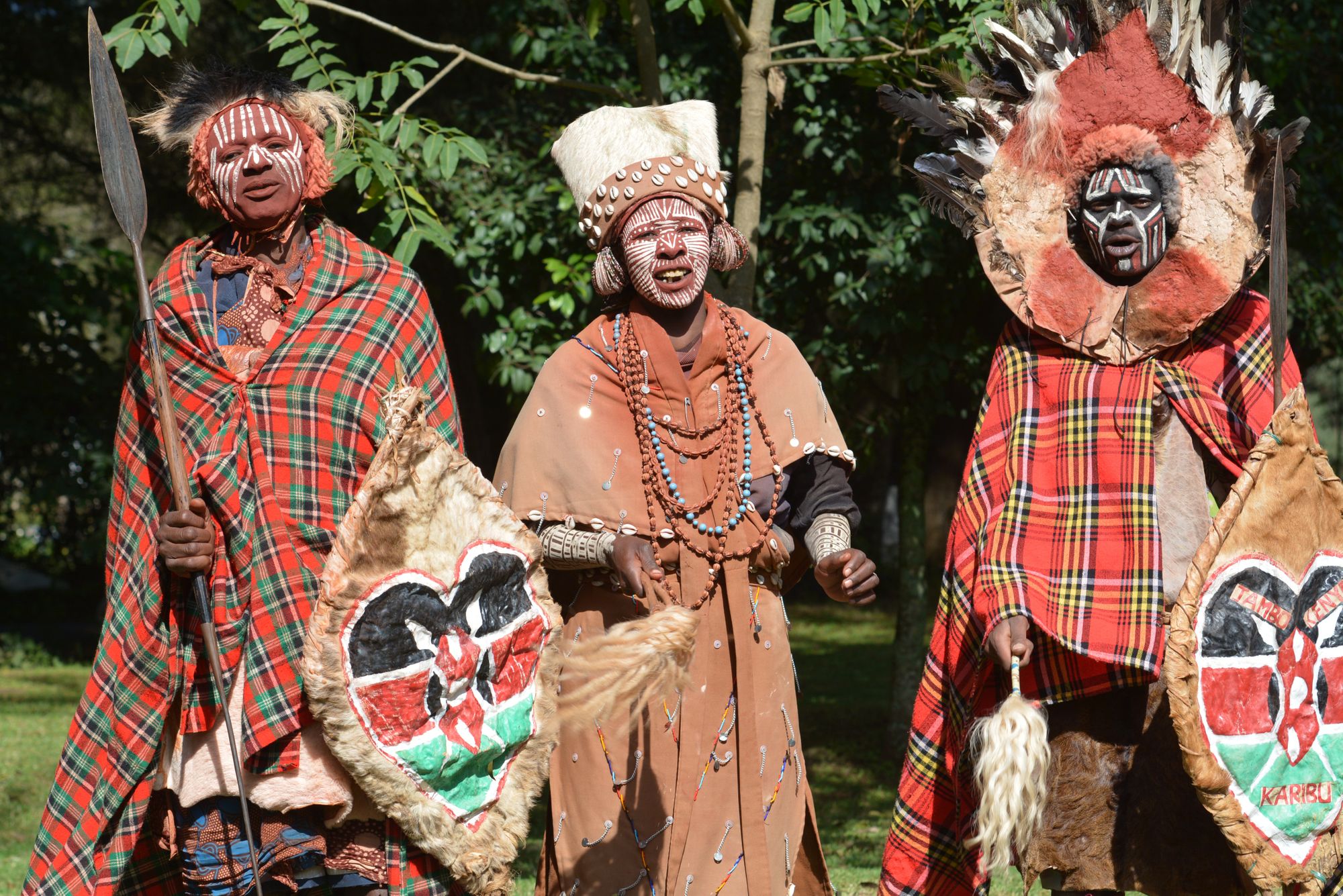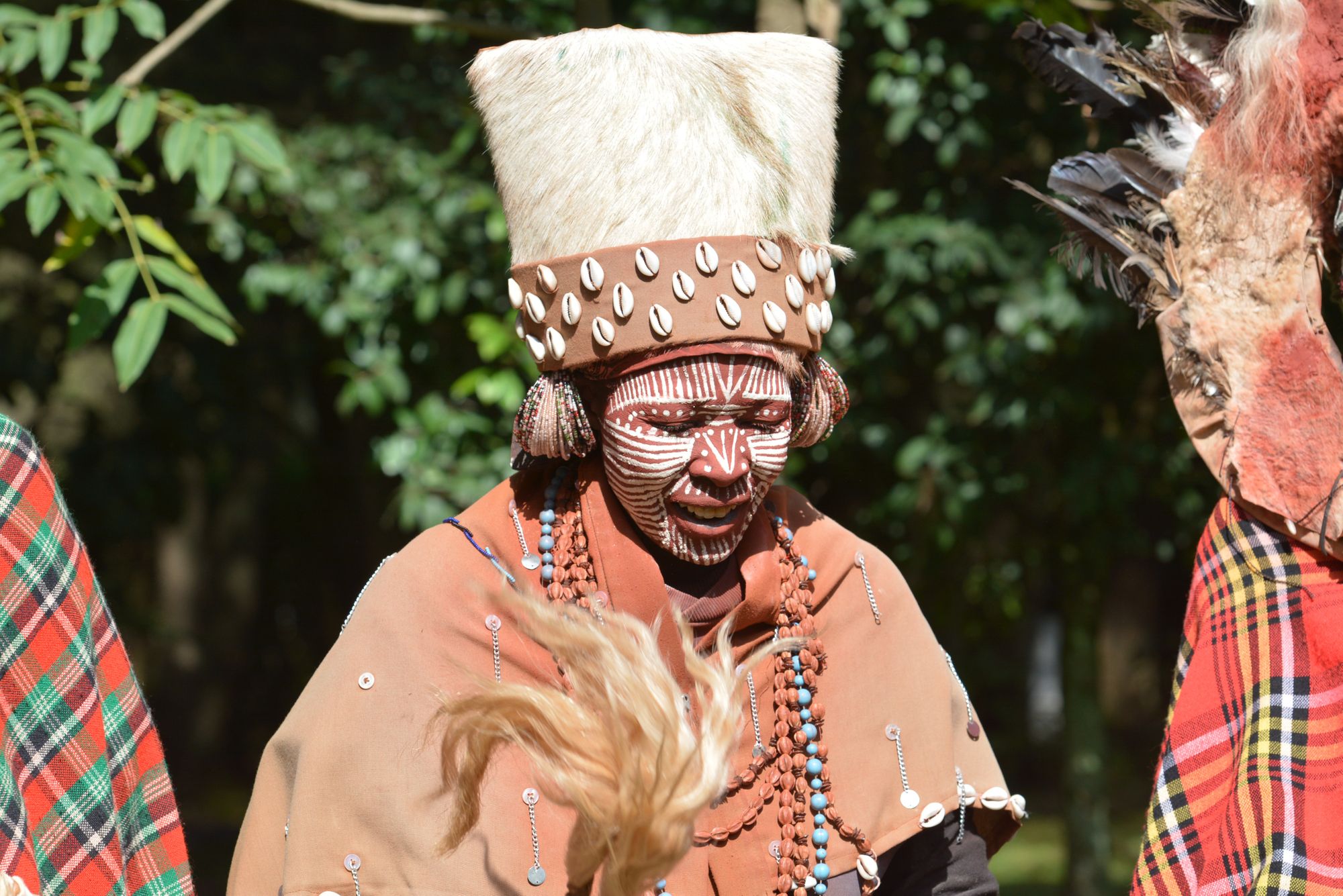By Staff Writer
Kenya is a country of great diversity—linguistically, geographically and culturally. For instance, culturally, Kenya has forty-two traditional ethnic groups and each ethnic group has its own unique culture and customs. This means that each cultural group has its own way of carrying out its religious festivals. Religious festivities among the Agikuyu ethnic group provide an opportunity for the community to gather, prepare, and enjoy feasts. Moreover, this is one way of strengthening community and creates social and communal harmony. In particular, the Agikuyu are the largest ethnic tribe in Kenya. Among the religious festivals celebrated by the Agikuyu ethnic group include: birth of a child and dedication ceremonies, initiation (circumcision) ceremonies, marriage ceremonies and burial ceremonies. Mainly, the most celebrated cultural and religious festival is marriage. This is because marriage is an essential institution in every human society. In addition, it is the recognized social institution, not only for establishing and maintaining the family, but also for creating and sustaining the ties of kinship.
In this case, marriage is essential to the development and enlargement of kinship ties, which are a characteristic of African society ( Kwame Gyekye, 1996).
The marriage festivities are characterized by the performance of various rituals. These include; Firstly, Gῖtiiro, a traditional Agikuyu marriage dance specifically danced by women. In this cultural practice, the female relatives from the side of the groom sing the praises of their son while female relatives from the part of the bride sing praises for their daughter. In this case, the two groups challenge each other over the trustworthiness of both the would-be groom and the bride.
Another ritual that is performed is porridge drinking. In this ritual, the mother-in-law symbolically welcomes the daughter-in-law with a calabash full of traditional porridge. This is a gesture of welcoming the bride to the new family and it is done amid applauds by the audience.
Further, the marriage festivity is characterized by a ritual of periodical weeping from the relatives and age mates of the bride. This is a very significant gesture as the Agikuyu society traditionally put emphasis on the bride as a gift. In this case, the most precious gift one family would give to another family was the daughter who would be a potential mother of their children; thus, the significance of parents and relatives handing over the bride to her husband. In particular, the deep sorrow and the periodical weeping expressed by the parents and the relatives mark the “separation “of the bride from her people.

Another ritual performed during this festival is the ritual of beer drinking. During the beer ritual, the girl gives her father a horn full of traditional prepared beer. This beer is traditionally prepared from sugar cane, honey and muratina (a special kind of fruit that gives flavour to the beer). This ritual signifies the father’s approval of his daughter’s marriage. After drinking, the father blesses the daughter in a traditional Agikuyu way by spitting on his chest while uttering blessing for his daughter. In particular, saliva is thought in many cultures to have power of life and death just like the word of the mouth. Hence, saliva is something sacred for the Agikuyu. Further on, the chest is the guardian of the heart and bank of all treasures. Therefore, when the person blessing spits on his or her chest, it means that whatever he or she wish for you is from his or her heart.
The final ritual that characterizes marriage festivities is the ritual of gutinia kiande (cutting of the shoulder blade meat of a goat). In the Agikuyu tradition, sacrificial events were marked by ritual slaughter of goats and sheep (Jomo Kenyatta, 1937). In this case, the husband ceremoniously cuts one of the shoulder blades’ meat (kῖande) while the wife holds it and this act seals their marriage. This is done amidst great applauds from the audience. The couple then feed each other with the roasted goat ribs symbolizing their oneness. This ritual marks the last process in the marriage festivity.
In conclusion, marriage festivals among the Agikuyu of Kenya involves performance of rituals such gitiro traditional dances, porridge drinking, beer drinking, periodical weeping and cutting of the shoulder blade meat. These festivities provide an opportunity for the community to gather, prepare, and enjoy feasts. Moreover, this is one way of strengthening community and creates social and communal harmony. Through procreation, the new family in the clan begets children, who replace the dead relatives, and in this way, society is renewed and replenished.
Works Cited
Kwame Gyekye. (1996). African Cultural Values: An Introduction. Philadelphia: Sankofa Publishing Company.
Jomo Kenyatta. 1937 Kikuyu Religion, Ancestor-Worship, and Sacrificial Practices. Africa: Journal of the International African Institute, 10 (3), 308.
